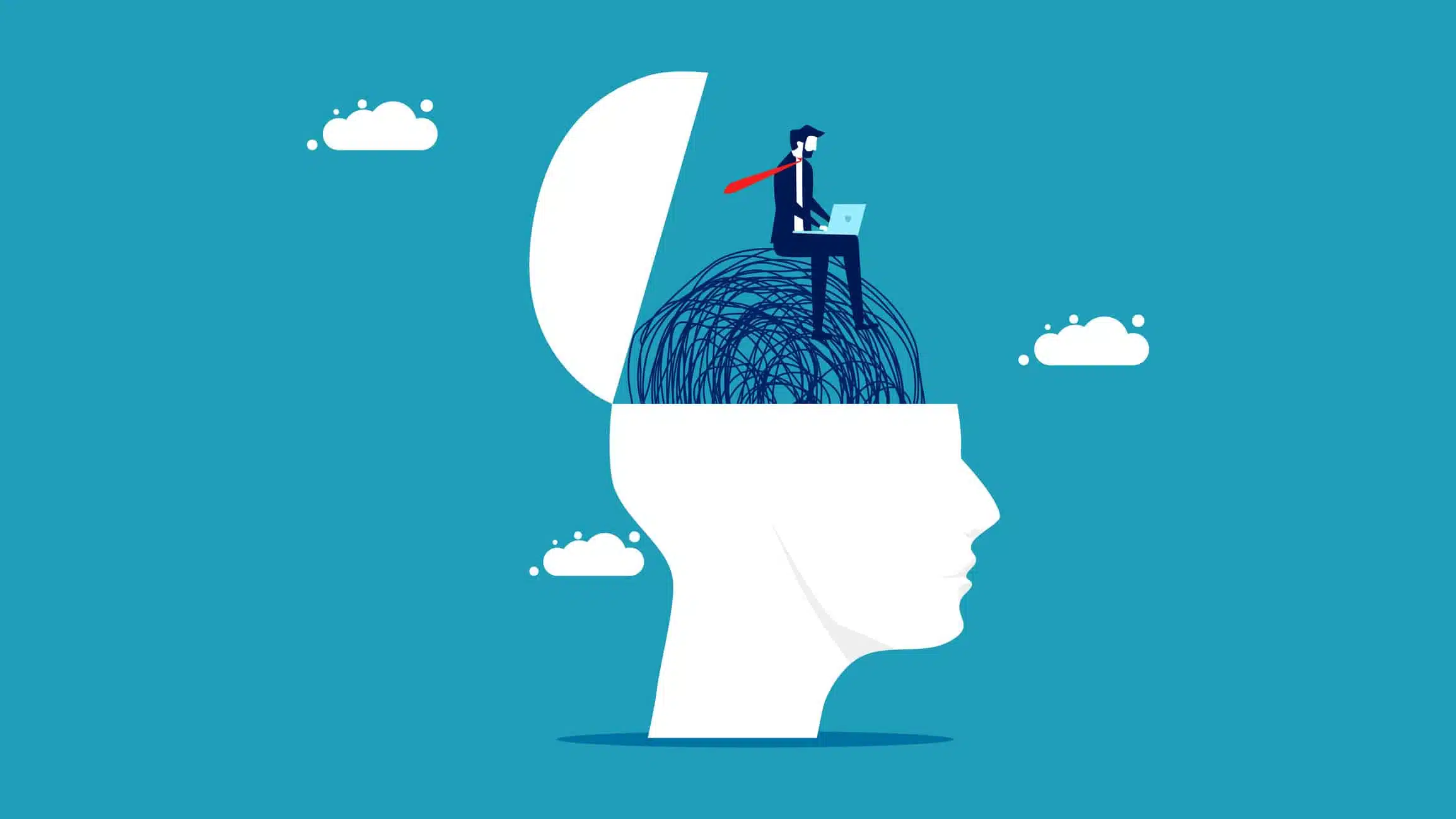At its core, behavioral science studies human behaviors and the drivers behind them. The primary purpose of behavioral science is to understand, predict, and influence people’s behavior in order to achieve higher personal and social well-being.
Behavioral science is highly contextual because different fields study human beings behavior for different reasons. If you ask an economist what behavioral science means to them, they’re likely to think about behavioral economics; their response would discuss unconscious biases and the irrational behaviors that appear in those who trade stocks, for example. If you ask a neuroscientist, their response will relate to how neurochemicals in the brain play different roles in making decisions and moderating our well-being. A sociologist would be more concerned about how humans build relationships and how communities are formed and shaped based on the perception of influence and power.
The Behavioral Science & Policy Association defines behavioral science as a cross-disciplinary science to understand what causes individual, group, and organizational behavior across different levels. Behavioral science encompasses the social sciences, bringing together insights and methods from various fields and disciplines. For example:
- Judgment and decision-making
- Behavioral economics
- Organizational behavior
- Neuroscience
- Social and cognitive psychology
Under the behavioral science umbrella, these individual disciplines do not provide a complete picture of human behavior, but together they offer a comprehensive toolkit to bridge the gap between economic models and everyday reality to shape both private and public-sector policy and practice.
Consider the following example. When the US Department of Veterans Affairs offered educational and support programs for veterans, the initial engagement rate was low. So, the department hired a team of behavioral scientists to analyze why. After analysis, scientists decided to change the phrase “You are eligible” to “You earned” to see if it improved how veterans viewed the program. This simple change, called the “Endowment Effect,” increased engagement by 9%. According to Google Senior Director of Behavioral Economics Maya Shankar, who participated in the veterans’ program, this is essentially when our own unconscious bias makes us attach a higher value to an object than its real market value.
What is behavioral science? Why is it valuable?
Behavioral science is multidisciplinary. It gives HR and learning and development practitioners methods, tools, and techniques they can use to solve complex workplace challenges. It’s particularly suited for the work environment for three reasons:
It’s applicable. Behaviors are what behavioral scientists focus on: They analyze, predict, and change. It’s more of a pragmatic and action-oriented approach than other sciences. It equips HR and learning practitioners with the ability to design, scale, and assess their people interventions and programs through a behavioral science lens.
For example, it could include designing DEI interventions and evaluating management effectiveness. Another example might include cognitive psychologists who care about what’s happening in the brain. Although it’s extremely helpful to know those details in some contexts, it’s less practical when it comes to solving specific behavioral outcomes in the workplace, such as engagement, manager effectiveness, and retention.
It’s alignable. Behavioral science is naturally aligned with the science and practice of leadership development. The latter is multidisciplinary as well since it borrows its models, frameworks, and theories mainly from psychology, sociology, and other social sciences. Thus, studying leadership from a behavioral science perspective allows practitioners to tap into a multitude of resources that are relevant by nature.
It’s adaptable. Context matters — a lot. The main problem with social sciences is that they are highly contextual, and very hard to replicate in other places. Consider, it can be almost impossible to replicate a best practice from one workplace in another one.
However, behavioral science is not a one-size-fits-all tool. Remember, it’s a collection of multiple sciences and approaches that can help HR and learning practitioners align their problem solving styles based on the situation at hand. For example, if your challenge is to optimize and simplify your new hire orientation program, you can use a behavior design framework from behavioral science. Or, if your problem is to make your interviewing process more inclusive at scale, you can leverage how behavioral science handles workplace biases in decision making. Learn more about that here.
Behavioral science in leadership
Many wonder: What’s the difference between behavioral science and organizational psychology? Although they are not the same, they are connected and complemented. Both behavioral science and organizational psychology focus on organizations’ effectiveness and workers’ well-being. However, behavioral science focuses more on the underlying factors that lead to certain behaviors in the workplace, whereas organizational psychology leans toward the process and impact of these behaviors.
Behavior science is also about systematic experimentation and observing the relationship between a person and their environment. To that end you might see behavioral science research done through some of the following methods:
- Surveys and assessments
- Quantitative research
- Focus groups and interviews
- Qualitative research
Recently, it’s also been done using sentiments and conversations or natural language processing, but however we gather the data, behavioral science has numerous valuable applications that talent leaders can use in the workplace. When it comes to its application as a leadership development enabler, you’d be hard pressed to find a more sustainable asset with which to create lasting, positive behavioral change at work.











